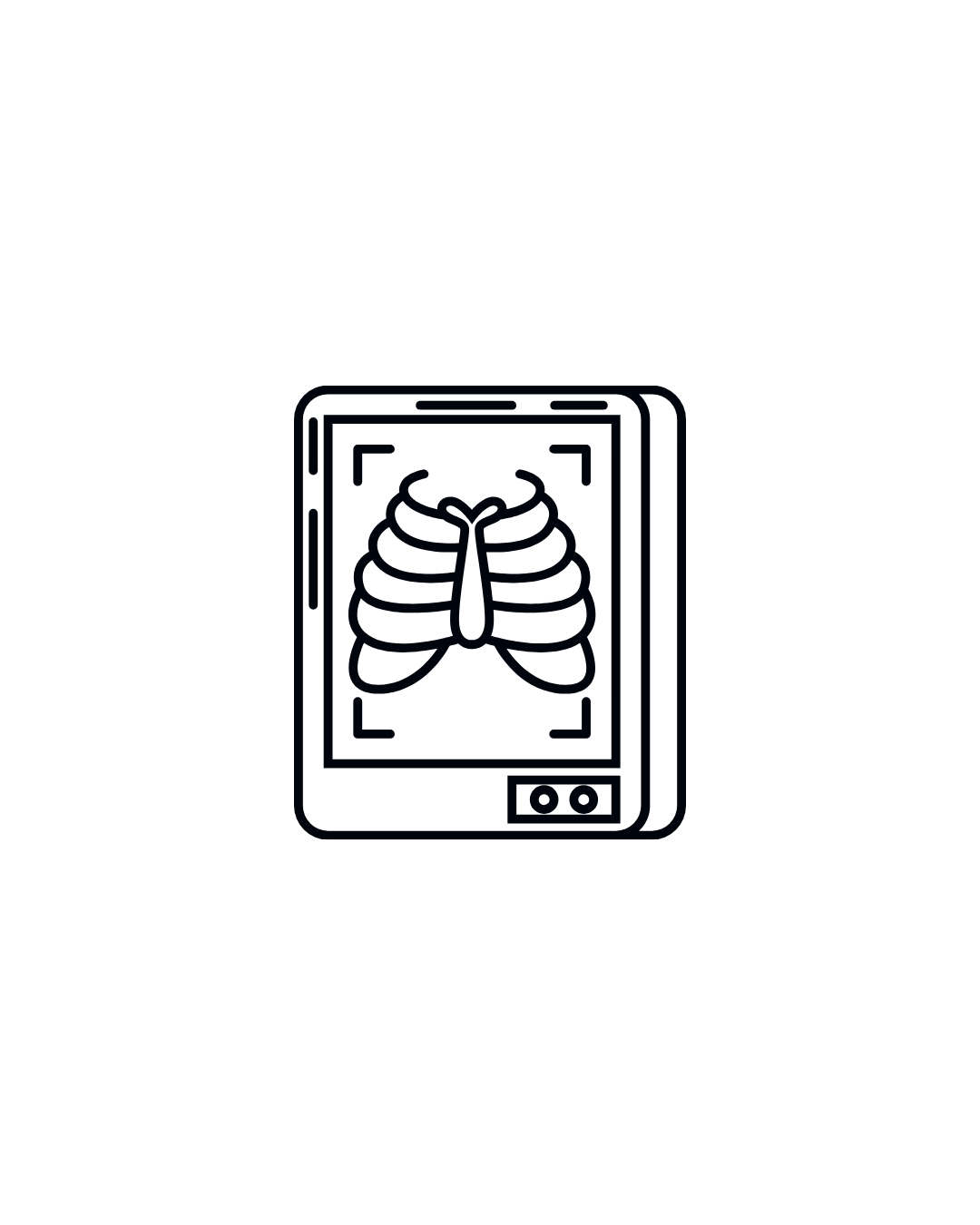Description
An Advanced Diploma in Medical Imaging Technology is designed for individuals seeking to enter or advance their careers in the field of medical imaging. This program provides comprehensive training in various imaging modalities, such as X-ray, MRI, CT scans, and ultrasound. Students gain the technical knowledge and clinical skills necessary to perform imaging procedures and ensure high-quality patient care.
Course Details:
Duration: Typically 1 to 2 years, depending on the institution and whether the program is full-time or part-time.
Eligibility: Generally requires a high school diploma or equivalent; some programs may prefer candidates with a relevant background in health sciences.
Mode of Study: Offered in various formats, often combining classroom instruction with extensive hands-on clinical practice.
Curriculum:
The curriculum for an Advanced Diploma in Medical Imaging Technology usually includes the following key components:
1. Foundations of Medical Imaging
Introduction to Medical Imaging: Overview of the medical imaging field, including types of imaging technologies and their applications in healthcare.
Anatomy and Physiology: Study of human anatomy and physiology relevant to medical imaging practices.
2. Radiographic Techniques
X-Ray Imaging: Instruction on the principles of X-ray technology, exposure techniques, and patient positioning.
Fluoroscopy: Understanding of fluoroscopic procedures, including real-time imaging and contrast media usage.
3. Advanced Imaging Modalities
Computed Tomography (CT): Training in CT technology, including machine operation, image reconstruction, and safety protocols.
Magnetic Resonance Imaging (MRI): Instruction on MRI principles, patient safety, and the interpretation of MRI images.
4. Ultrasound Imaging
Sonography: Techniques for performing ultrasound examinations, including abdominal, obstetric, and vascular sonography.
Image Interpretation: Skills in analyzing and interpreting ultrasound images for diagnostic purposes.
5. Patient Care and Safety
Patient Management: Techniques for communicating with patients, managing anxiety, and ensuring comfort during imaging procedures.
Radiation Safety: Emphasis on radiation protection principles, including minimizing exposure for patients and healthcare personnel.
6. Quality Assurance and Imaging Standards
Quality Control: Understanding protocols for equipment maintenance and quality assurance in imaging departments.
Regulatory Compliance: Knowledge of healthcare regulations and standards affecting medical imaging practices.
7. Clinical Practicum
Hands-On Training: Supervised clinical placements in hospitals or imaging centers, allowing students to gain practical experience in performing imaging procedures.
Patient Interaction: Opportunities to work directly with patients, applying learned techniques in real-world scenarios.
8. Ethics and Professional Practice
Healthcare Ethics: Understanding ethical principles in medical imaging, including patient confidentiality and informed consent.
Professional Development: Skills in lifelong learning and staying current with advancements in medical imaging technology.
Assessment:
Assessment methods for this program may include:
Practical Skills Evaluations: Assessing hands-on imaging techniques through practical exams in a clinical setting.
Written Examinations: Testing theoretical knowledge of imaging procedures, safety protocols, and patient care standards.
Clinical Performance Evaluations: Measuring performance during clinical placements, including patient interaction and technical proficiency.
Career Opportunities:
Graduates of an Advanced Diploma in Medical Imaging Technology can pursue various roles, including:
Radiologic Technologist: Performing X-ray imaging and assisting in other imaging modalities.
MRI Technologist: Specializing in MRI procedures and patient management.
CT Technologist: Focusing on CT scanning and image acquisition.
Ultrasound Technologist (Sonographer): Performing diagnostic ultrasound examinations and assessing patient images.
Imaging Department Manager: Overseeing operations in an imaging department, including staff management and quality assurance.
This advanced diploma program equips students with the skills, knowledge, and clinical experience necessary for a successful career in medical imaging technology. If you have any further questions or would like more specific information about the program, feel free to ask!









